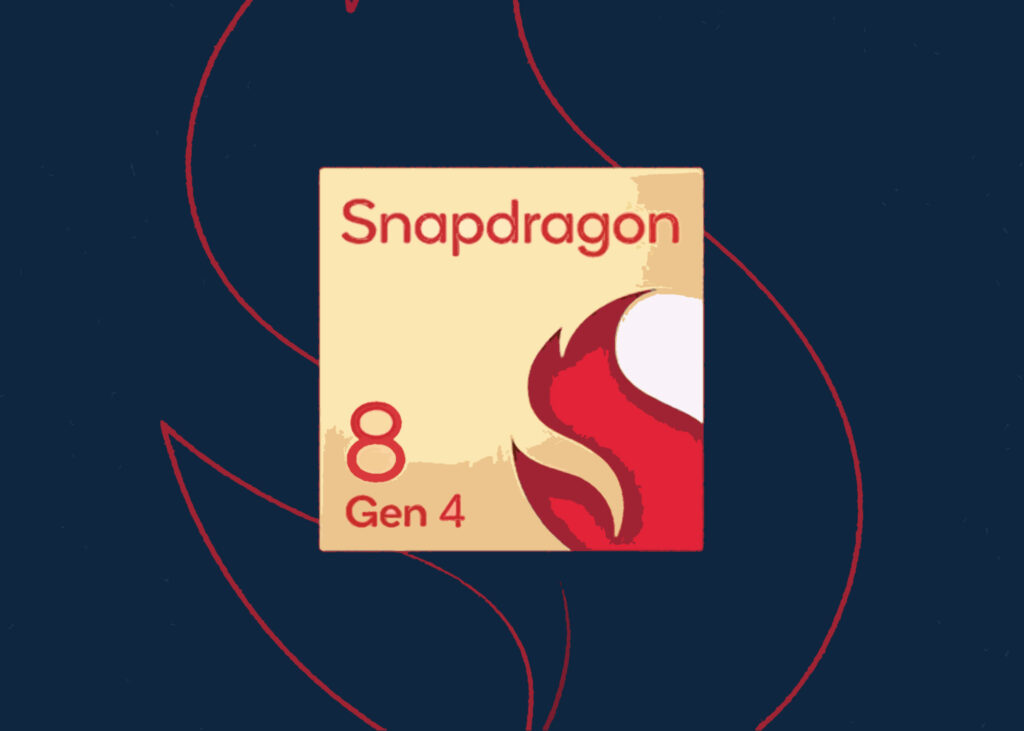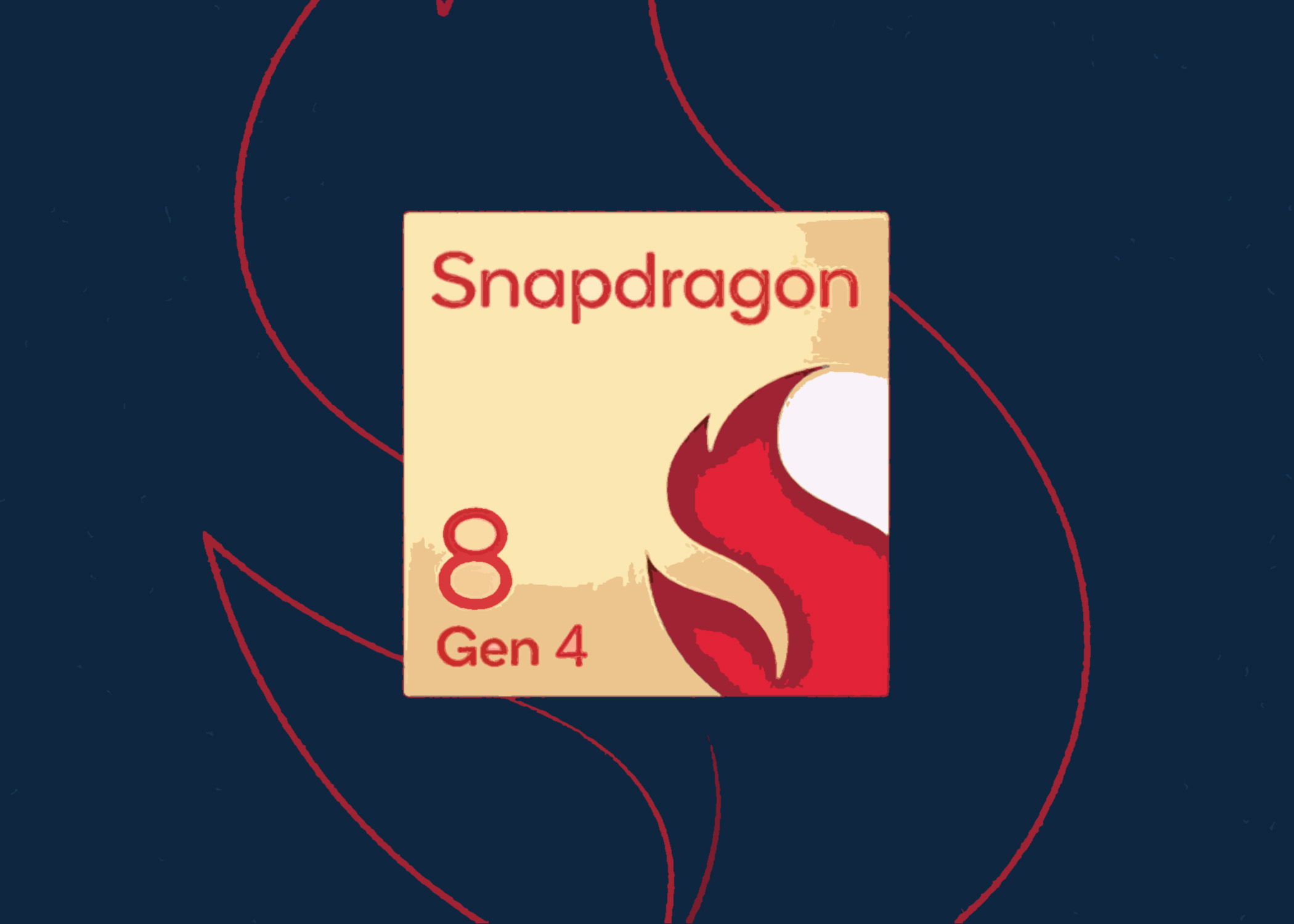If you purchase one of the top Android phones next year, it’s likely to come equipped with a Snapdragon 8 Gen 4 chipset.
Although this chipset has not been revealed yet, Qualcomm’s Snapdragon technology drives most of the leading Android devices. In 2024, we saw the Snapdragon 8 Gen 3 in smartphones like the Samsung Galaxy S24 Ultra, OnePlus 12, and Xiaomi 14 Ultra. Many more phones are anticipated to be adopted.
Therefore, the upcoming generation of this chipset is significant, promising to deliver exceptional performance. To gain insight into its potential power, and its implications for 2025’s smartphones, and the likely adopters, keep reading.
To the point:
What is it? Qualcomm’s forthcoming flagship mobile chipset
When is it available? Expected sometime in October
How much will it cost? It will be featured in high-end phones
Snapdragon 8 Generation 4: Probable Release Date
The Snapdragon 8 Gen 4 is set to debut at the Snapdragon Summit in October, as affirmed by the company itself in a message on X (previously known as Twitter).
The exact date of the Snapdragon Summit remains unknown, but for context, last year’s event spanned from October 24 to October 26.
Naturally, there will likely be a wait before any phones are equipped with the Snapdragon 8 Gen 4. However, at least a few phones will probably be launched with it before the year’s end—potentially initially only in China, similar to the Xiaomi 14 and OnePlus 12, which debuted in China last year with the Snapdragon 8 Gen 3 before receiving a global release early this year.
Snapdragon 8 Generation 4: Updates And Revelations
Qualcomm itself has disclosed in a video on X that the Snapdragon 8 Gen 4 will feature a “supercharged” Oryon CPU and an enhanced neural processing unit (NPU), the latter of which is expected to enhance its AI capabilities.
The Oryon CPU“>CPU isn’t entirely novel, as it has previously been utilized in the Snapdragon X Elite chipset. However, this chipset was tailored for laptops, so the prospect of bringing such potency to mobile devices is indeed impressive.
Previously, Qualcomm has stated its intention to deliver “remarkable levels of performance” with the Snapdragon 8 Gen 4, which may result in a higher price compared to the Snapdragon 8 Gen 3—potentially translating to increased costs for phones equipped with it.
Leaks strongly imply that the performance might be impressive, with one source suggesting that the Snapdragon 8 Gen 4 could be clocked at up to 4.0GHz. For context, the fastest core of the Snapdragon 8 Gen 3 is clocked at 3.30GHz (or 3.39GHz in the Snapdragon 8 Gen 3 for Galaxy variant), indicating a substantial increase.
The increase might be even more significant, as another leak suggests that the Snapdragon 8 Gen 4 will be clocked at up to 4.3GHz, achieving a single-core score of around 3,500 on Geekbench, surpassing the expected performance of the A18 Pro set to power the iphone-16-anticipated-features-release-date-price-and-camera-upgrades”>iPhone 16 Pro Max.
However, it’s prudent to approach this clock speed and resultant scores with caution, as the power consumption associated with a 4.3GHz clock speed may be too high for practical use in a smartphone.
Indeed, another benchmark leak presents more conservative results, with a post on a Vietnamese forum (highlighted by 91Mobiles) indicating a single-core score of 2,845 and a multi-core result of 10,628.
For comparison, the Snapdragon 8 Gen 3-equipped Samsung Galaxy S24 Ultra typically achieves single-core scores in the range of 2,200-2,300 and multi-core scores of 6,500-7,000. Thus, even if the more conservative leak is accurate, the Snapdragon 8 Gen 4 is expected to offer significantly greater power than the Gen 3.
Moreover, besides the potentially high clock speed, there’s speculation that the Snapdragon 8 Gen 4 may support LPDDR6 (Low-Power Double Data Rate 6) RAM, slated to debut later this year and offering faster performance than current phone RAM. If this is the case, it should notably enhance on-device AI capabilities.
Lastly, the Snapdragon 8 Gen 4 will likely be coupled with a Snapdragon X80 5G modem, the successor to the X75 used in the Snapdragon 8 Gen 3, which has already been announced. The X80 features a dedicated 5G AI processor, enhancing its intelligence and enabling it to determine the optimal masts and 5G bands to connect to at any given time. It’s also expected to offer higher data speeds while being more energy-efficient.

Snapdragon 8 Gen 4: Compatible Phones
The specific phones set to utilize the Snapdragon 8 Gen 4 remain uncertain, but drawing from historical trends, we can make educated guesses. The following devices are anticipated successors to models employing, or likely to employ, the Snapdragon 8 Gen 3, thus suggesting they may adopt the Gen 4:
The Samsung Galaxy S25 series, Samsung Galaxy Z Fold 7, Samsung Galaxy Z Flip 7, OnePlus 13, Xiaomi 15 lineup, Sony Xperia 1 VII, and Sony Xperia 5 VII. While not exhaustive, this list comprises the most prominent devices expected to feature the Snapdragon 8 Gen 4. However, it’s reasonable to assume that the majority of premium Android phones launched in 2025 will likely incorporate it.
There are some notable exceptions, though. While we mentioned the Galaxy S25 series, it’s worth noting that the standard Samsung Galaxy S24 and the Samsung Galaxy S24 Plus only integrate a Snapdragon chipset in select regions (mainly the US), with other regions receiving an Exynos chipset. A similar scenario might unfold with the S25 series.
Alternatively, no S25 variant may feature a Snapdragon 8 Gen 4, as per one leak suggesting Samsung will exclusively opt for Exynos with the Galaxy S25 lineup.
Furthermore, we don’t anticipate any Google Pixel phones adopting the Snapdragon 8 Gen 4, as Google outfits these devices with Tensor chipsets. Additionally, iPhones won’t incorporate it, as Apple develops its proprietary A-series chipsets.

Leave a Reply